
Question of the Week, from the Naked Scientists
Each week we set out to solve one of the world's weirdest, wackiest, funniest and funkiest scientific puzzles. And along with the answer there's a brand new question to think about for next time...
- Update frequency
- every 6 days
- Average duration
- 4 minutes
- Episodes
- 629
- Years Active
- 2008 - 2025

Egg Ventilation
We find out how developing bird embryos get their oxygen whilst trapped inside an egg. Plus, we ask what makes breakfast cereals go, "snap, crackle and pop?" Like this podcast? Please help us by supp…
00:03:43 |
Sun 12 Jul 2009

Night Sneezing
In this Question of the Week, we ask if we sneeze in our sleep? What stops us from 'atchoo'ing while we're snoozing? Plus, we ask how oxygen gets into a developing egg. Like this podcast? Please help…
00:03:04 |
Sun 05 Jul 2009

Scrapping a Banger
On this Question of the Week, we askif it makes environmental sense to trade in an old car for a new one, asthere's so much embodied carbon in a car. Find out how efficient your new car would need to…
00:03:10 |
Sun 28 Jun 2009

Dirty Laundry
We clean up the science of washing powders, how they work and why stains rather than dyes are removed by them. Plus, we ask whether it is better for the environment to continue driving an old car or …
00:03:23 |
Sun 21 Jun 2009

Raining Into Space
We ask if the Earth rains outwards and loses water to space! Plus, how does laundry detergent target stains but avoid dyes? Like this podcast? Please help us by supporting the Naked Scientists
00:03:14 |
Sun 14 Jun 2009

Safest Sites for Asteroid Impact
Where would be the best place for an asteroid to strike the Earth? Would deep ocean, land or polar ice cap be the least destructive? We weigh up the options on this Question of the Week. Plus, we ask…
00:03:26 |
Sun 07 Jun 2009

Sunflowers Doing the Twist
We find out how sunflowers follow the sun as it moves from east to west and whether the bloomshave the same attraction to the moon. Plus, we ask where the best place would be for an asteroid to land.…
00:03:49 |
Sun 31 May 2009
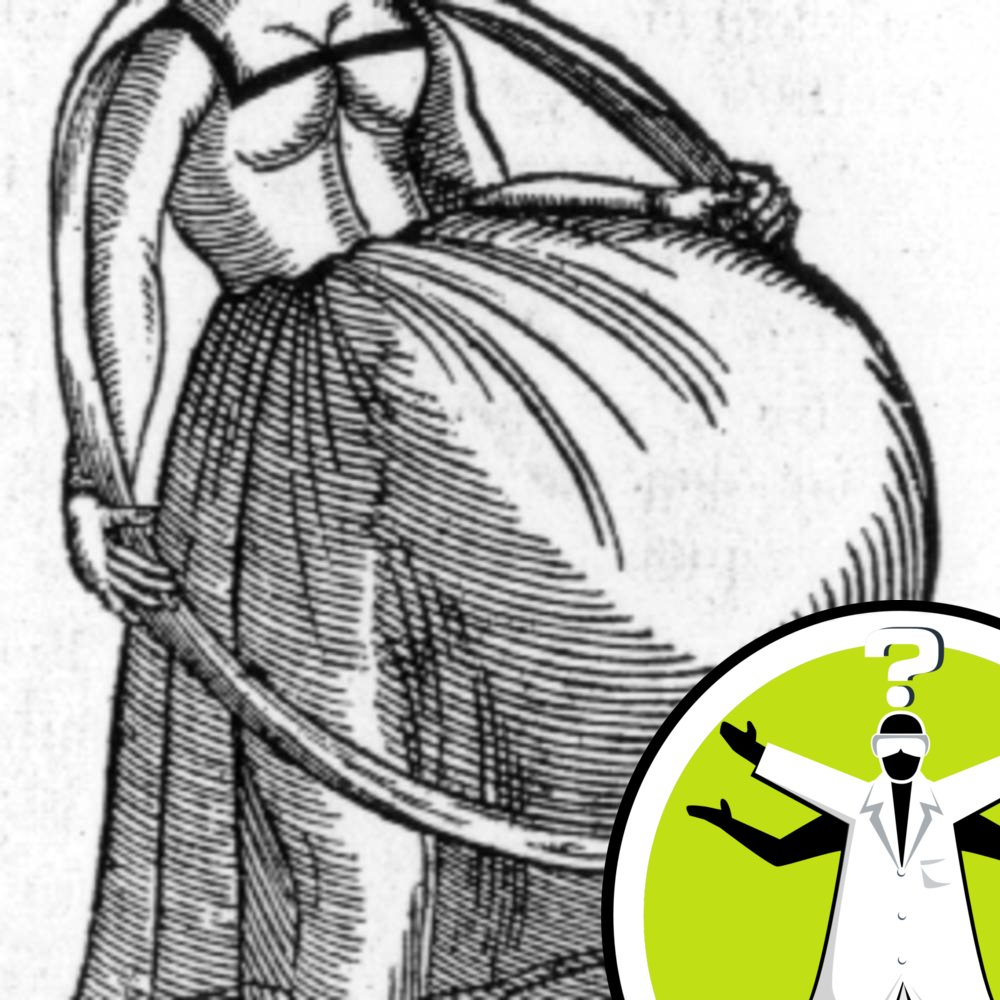
Will the Dumb Out-Breed the Clever?
This week, we ask if the human race is evolving to be less intelligent, as those with more education tend to delay breeding and have fewer children. Plus, we ask how sunflowers follow the Sun, and wh…
00:04:06 |
Sun 24 May 2009
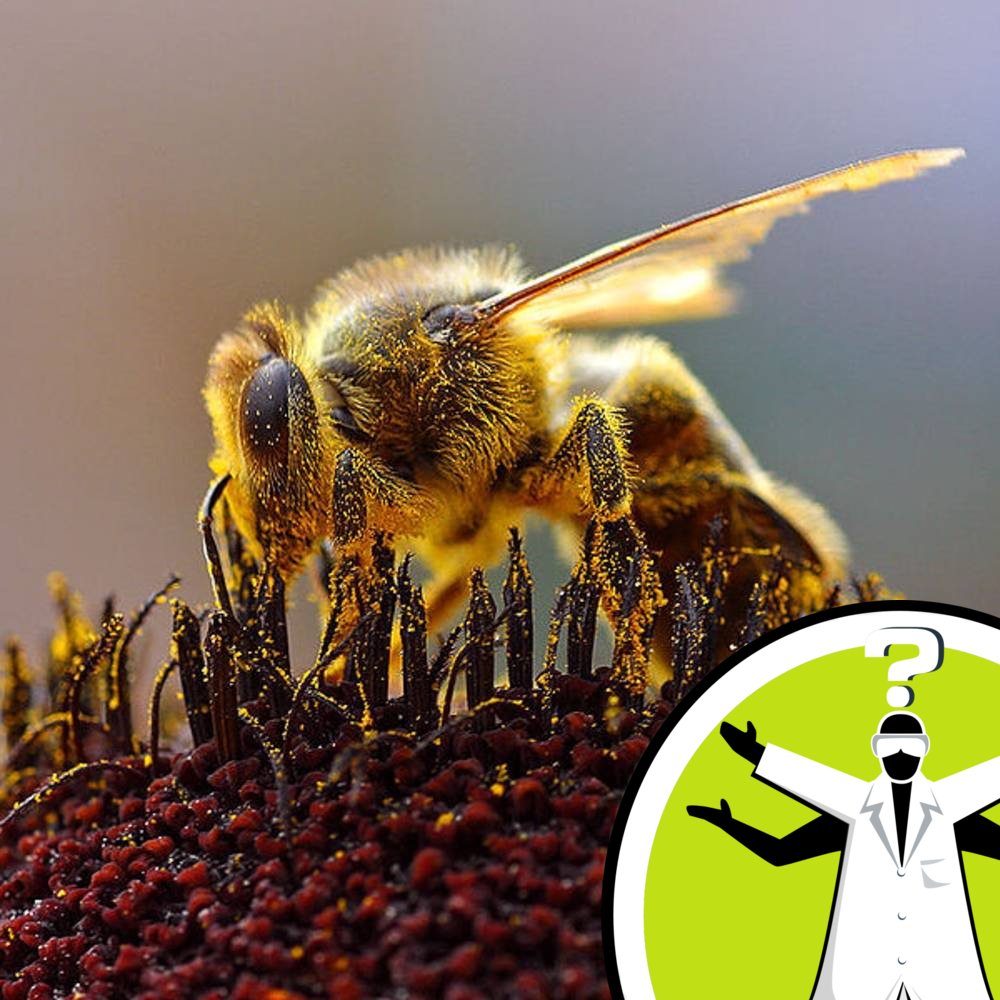
Waggle Dance Evolution
How did the waggle dance - the complex dance that honeybees use to describe the whereabouts of good food - evolve in small steps? We find out in this Question of the Week. Plus, we ask where human ev…
00:05:35 |
Sun 17 May 2009

Jumbo Aerobatics
This week's question jet propels us into the blue skies thinkingon passenger jet manoeuvrability. Can a large airliner perform barrel rolls and loops? We also ask, how did bee dances come about? Like…
00:05:27 |
Sun 10 May 2009
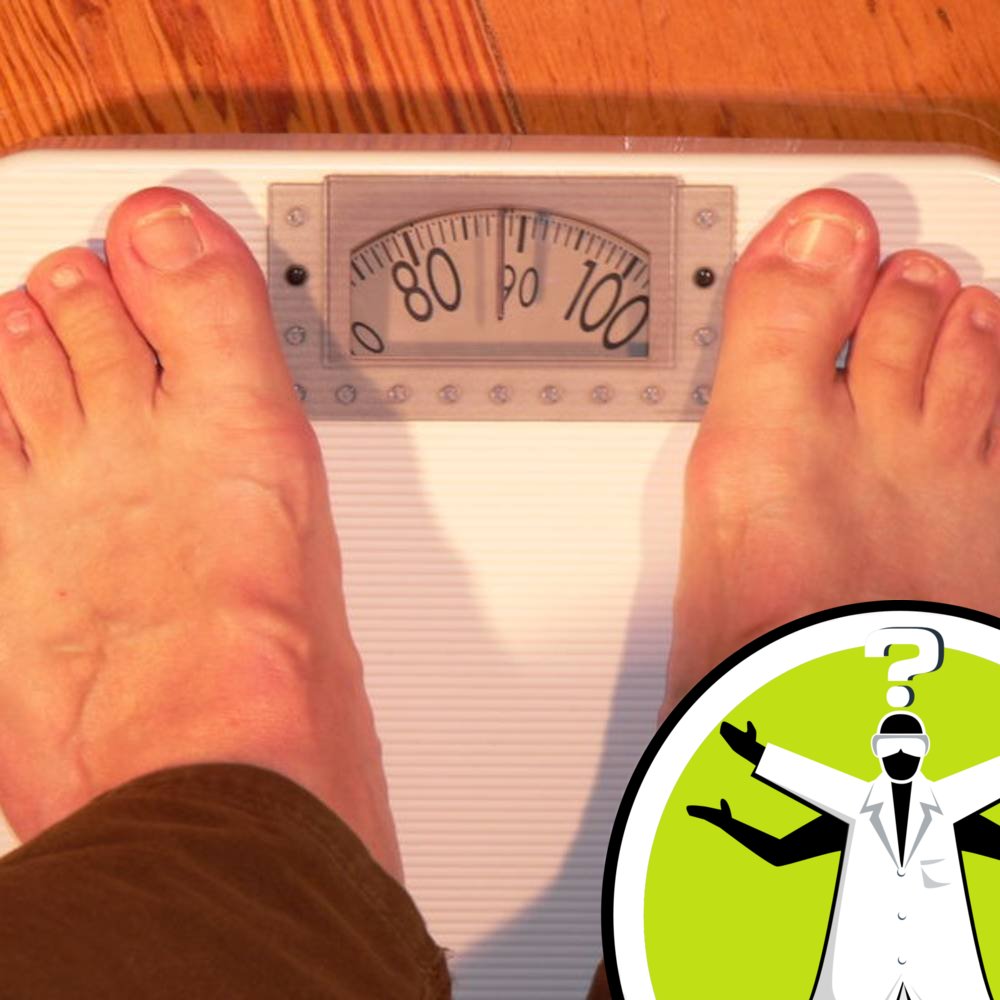
Night Time Weight Loss
In this Question of the Week, we ask if the positions of the Sun and Moon influence your weight - Is night time your light time, what do you weigh at midday? Diana O'Carroll finds out. Plus, we ask…
00:03:39 |
Mon 04 May 2009

Can Magnets Descale Your Pipes?
In this Question of the Week, we find out if a magnetic field can stop pipes from clogging up with limescale? Many manufacturers would like us to believe that simply clamping a magnet to your plumbin…
00:03:30 |
Sun 26 Apr 2009

How do Fish Sleep?
As they can't close their eyes, how do fish sleep? We find out in this Question of the Week. Plus, we ask if magnetism can really stop limescale from sticking to your pipes... Like this podcast? Plea…
00:03:37 |
Sun 19 Apr 2009

Deadly Snakes
This Question of the Week is about getting to the root of toxic snake bites. Why do Aussie snakes have such a venomous reputation? Plus, we ask what goldfish get up to at night... Like this podcast? …
00:03:28 |
Mon 30 Mar 2009

Chameleon Food
In this week's QotW we find out what food to eat if you want to turn orange. Plus, we ask why Australian snakes are, on the whole, moretoxic than their global counterparts. Like this podcast? Please …
00:03:23 |
Sun 22 Mar 2009
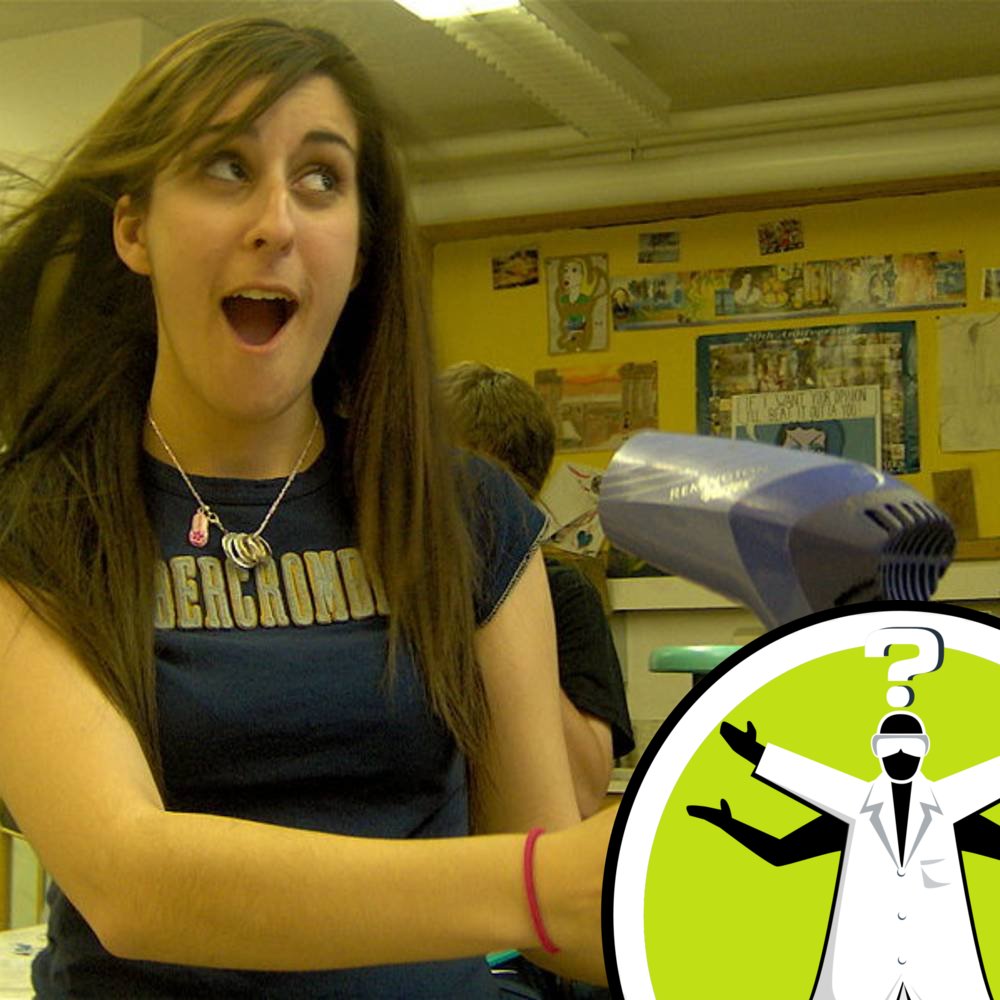
Growing a Winter Fur Coat
On this Question of the Week, we ask if humans grow a winter coat, and then moult in the winter, as so many other furry animals do? Plus, if Flamingoes are pink because of their diet, can we eat to c…
00:03:29 |
Mon 16 Mar 2009
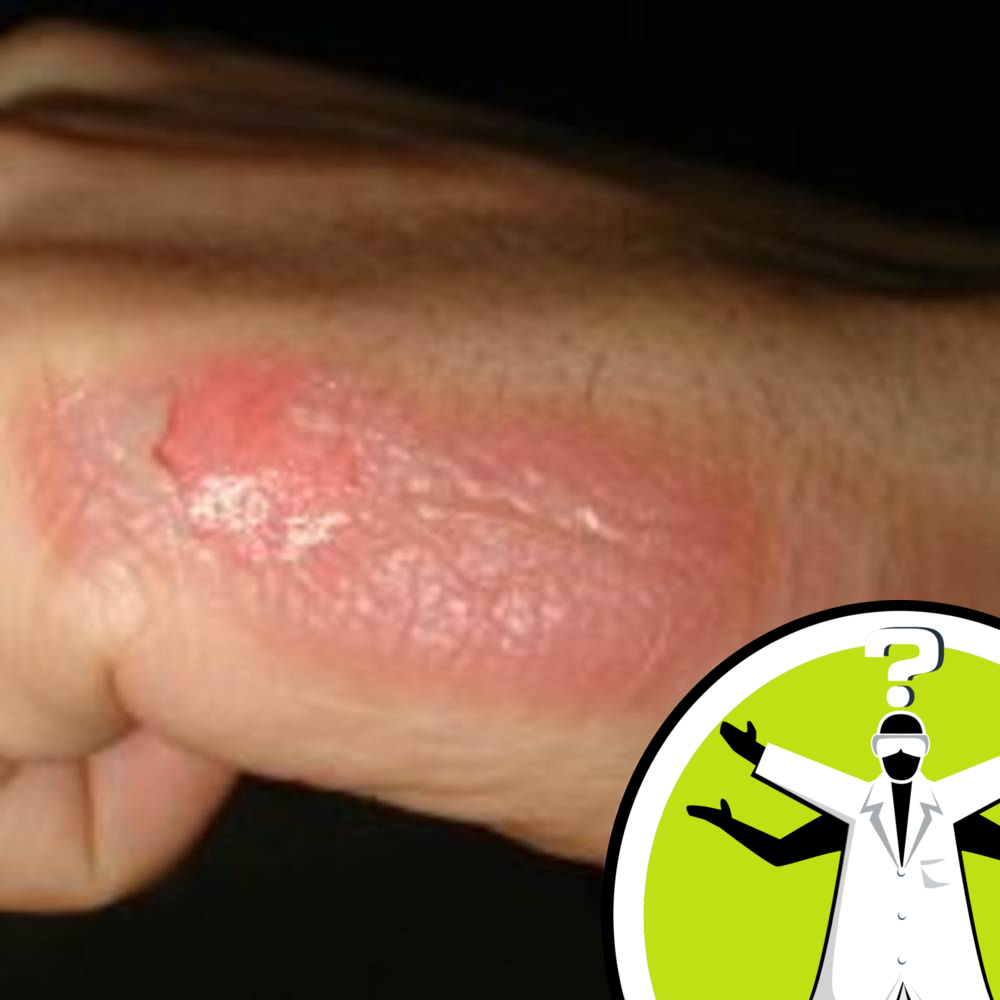
The Biology Of Burns
In this Question of the Week, we discover the biological basis of burns - just what does happen to your cells when you touch something hot? Plus, we ask if humans undergo seasonal moulting - do we lo…
00:03:31 |
Mon 09 Mar 2009

Google Power
This week, we search our own databanks to find out how much energy it takes to search for something on Google. Plus, we ask what happens at a molecular level when we touch a hot object... Like this …
00:03:33 |
Mon 02 Mar 2009

The Many Shapes of Leaves
In this special Question of the Week, we explore the reasons why trees, even when closely related an in the same environment, can have such diverse leaf shapes. Plus, we ask how much energy it takes …
00:03:33 |
Mon 23 Feb 2009

Musical Milk
Why should milk 'change it's tune' when it's being steamed? In this Question of the Week, we find out why the sound of steaming milk changes abruptly at around 60C (140F), and invite you to consider …
00:04:51 |
Mon 16 Feb 2009
Disclaimer: The podcast and artwork embedded on this page are the property of Dr Chris Smith. This content is not affiliated with or endorsed by eachpod.com.